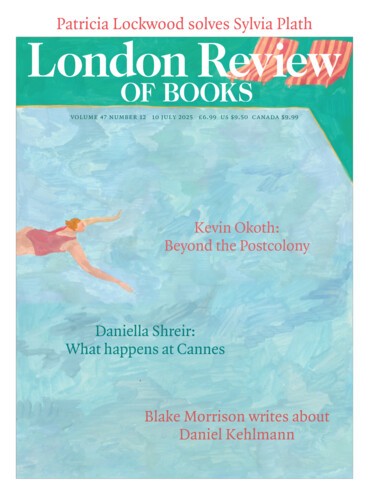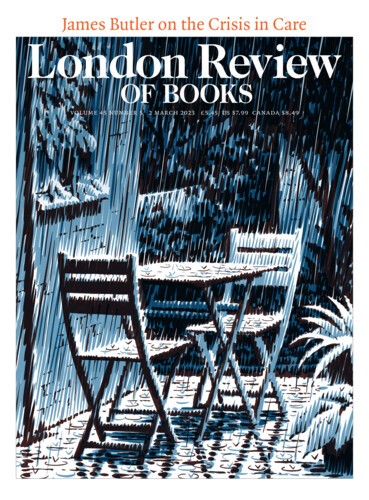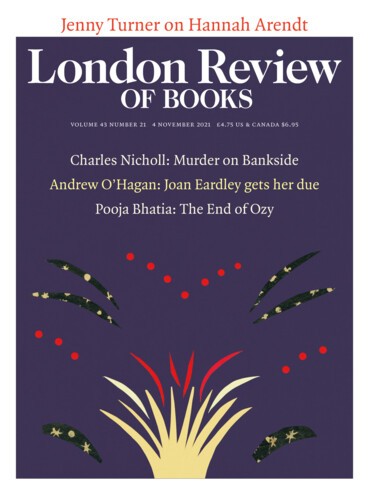Joseph Massad’s scholarship has been used selectively to empower both anti-imperialists and conservatives in their shared conviction that homosexuality, as framed in the universalising language of LGBTQ+ rights, has no place in the Arab world. Gay people have often felt caught between these two camps, between competing forms of identity. Each time I return to Amman I am struck by the confidence with which younger members of Jordan’s queer community assert themselves, and the fearlessness – or innocence? – of their drive for visibility. Many have developed a sophisticated understanding of their place in the world and of the alleged Western-Arab divide, openly espousing LGBTQ+ discourse without abandoning their commitment to the region. Others reject gay codes and lifestyles even as they pursue same-sex relations, defining themselves, for instance, as mithli (‘same’), to describe their gayness without falling prey to universalising language. The purity Massad evokes, if it ever existed, is long since lost.
Each time I return to Amman I am struck by the confidence with which younger members of Jordan’s queer community assert themselves, and the fearlessness – or innocence? – of their drive for visibility. Many have developed a sophisticated understanding of their place in the world and of the alleged Western-Arab divide, openly espousing LGBTQ+ discourse without abandoning their commitment to the region. Others reject gay codes and lifestyles even as they pursue same-sex relations, defining themselves, for instance, as mithli (‘same’), to describe their gayness without falling prey to universalising language.




